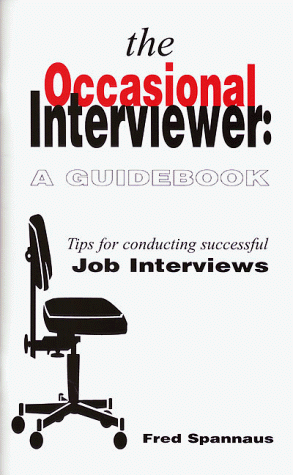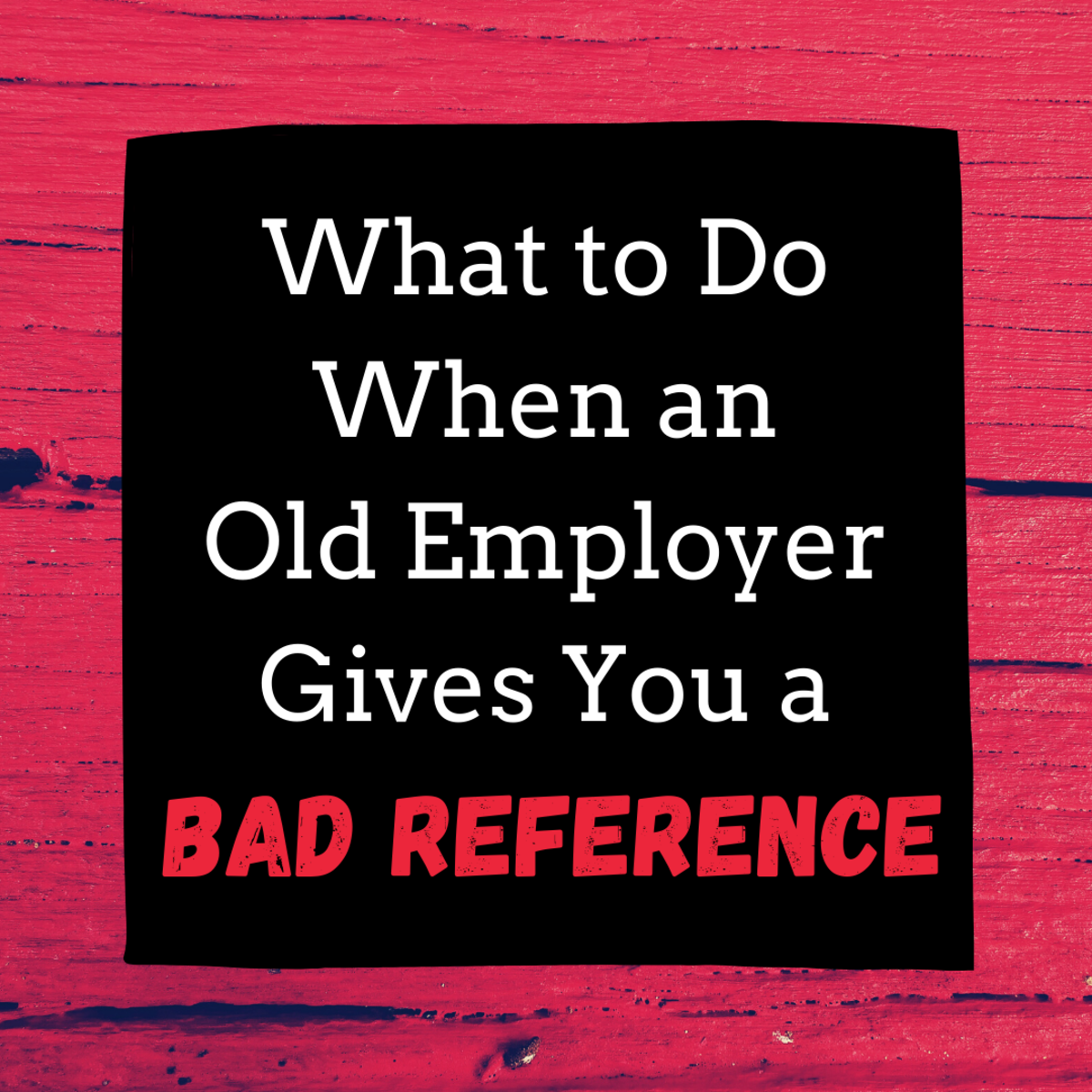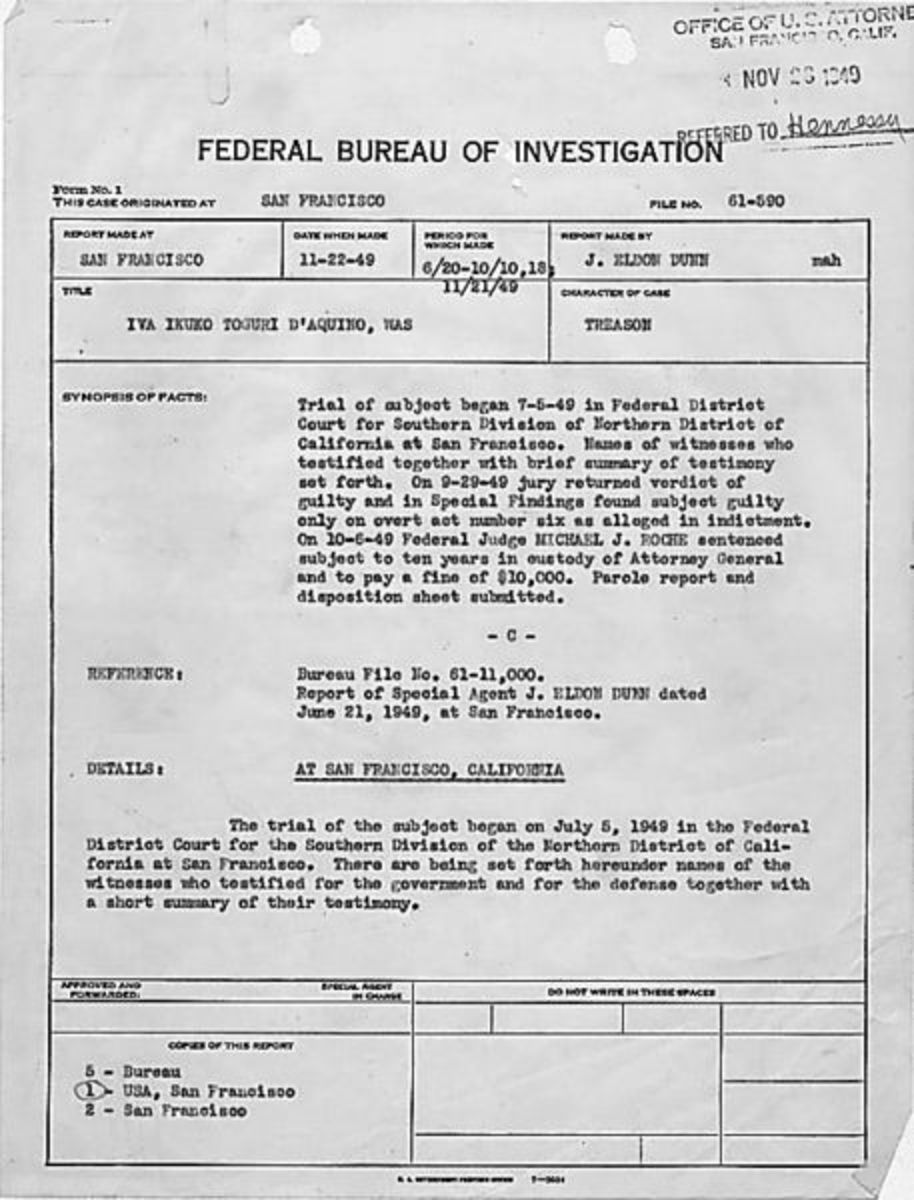Using the Job Interview to Hire the Right Person
The Job Interview is One of Your Best Tools

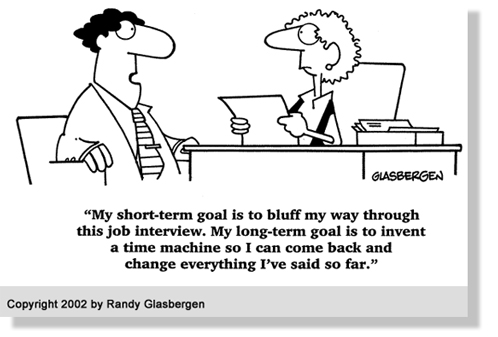
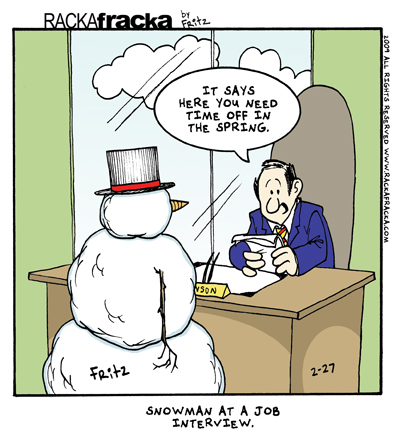
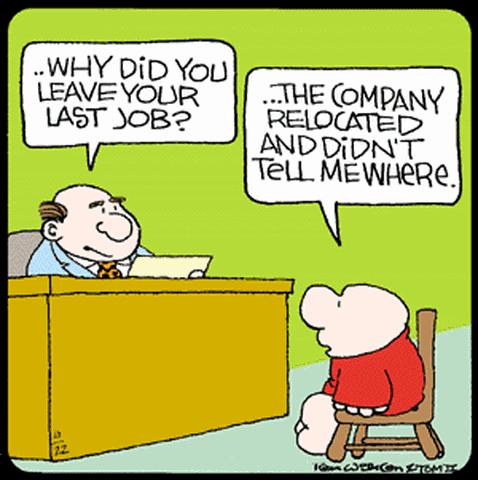

Finding the Best Person for the Job Takes Effort
It’s stating the obvious to tell you a company loses money when it is forced to replace employees. Some costs from personnel attrition are apparent, such as paying accrued vacation time and advertising for new staff. Costs more difficult to quantify include loss of productivity (time lost from a vacant position and getting new employees oriented to their duties), interviewing and reviewing candidates, possible travel and relocation costs, increased paperwork, and expenses incurred through training and development. Replacing any employee costs thousands of dollars and replacing mid-level staff can cost up to 150% of the annual salary. Highly specialized employees are even more expensive to replace.
Because of the financial repercussions of employee turnover, it is important to find the best person for the job to begin with. No one gains from hiring a candidate poorly matched to the essential functions of the job. If you handicap your company with questionable hiring decisions, eventually you will become the expendable one. Many factors influence your ability to find the perfect fit for a vacant position, but an often overlooked tool is the most obvious one: the job interview. Managers may assume their personnel directors will schedule interviews with only the best applicants (in essence finding the candidate for them), but the selection process is not infallible. Keyword searches are even less reliable for ensuring qualified applicants are interviewing for your open positions. The screening method is not fool-proof, so your questions must be. Is your interview providing the information you need to make the best choice? To make certain you are hiring the best candidates available, you should consider the following strategies.
Ways to Make Your Interview a Good One
Tweak your interview before the hiring process begins to ensure it remains relevant, and ask each candidate the same questions. Don’t pull the same Xeroxed interview from the file year after year. Jobs change and the needs of your department or business will change over time, as well. Review your questions until you’re satisfied they are yielding the information you require. When you begin the interview process, however, your questions should be the same for everyone you meet with. If they aren’t, you may face discrimination charges, should a candidate believe they weren’t provided the same opportunities to campaign for a position as someone else. Consistency in interviewing also offers a point of reference to compare the contenders for your opening. This doesn’t mean you should only ask questions from your list and can’t speak to the job applicant, but let your conversation flow from the questions you have asked.
Don’t over-schedule interviews. It shouldn’t be necessary to interview more than a handful of people for any open position. Twenty interviews are unlikely to yield better results than five, and will cost your company more money in lost time and productivity. If you must interview a large pool of applicants to fill an opening, the qualifications you seek might be too stringent, or the job might have a poor mix of essential functions. Either way, interviewing a large number of candidates to find who you need won’t work, because the problem stems from the job, not the applicants.
Another aspect of over-scheduling involves the number of candidates you interview in a day. It isn’t fair to you or the job-seeker if you meet with more than two applicants in a day. After awhile the names, faces and comments will all seem the same, assuming you’re still listening at all. You are doing a disservice to your task if you interview more than two candidates per day.
Don’t under-schedule interviews. Over-scheduling interviews will yield questionable results and under-interviewing will, also. If you hire the only candidate you interview, you might as well just pull a name out of a hat. Why bother with questions if you’re not going to compare the answers to someone else’s? It is also important not to drag the process out overlong. If it takes six weeks to fill a position because you are interviewing one candidate per week, you won’t remember your impressions of the interview, regardless of your notes and documentation. Additionally, the first (or best) applicants are likely to have moved on before you hire them if you procrastinate too long, and the candidates left to choose from will probably perceive you as indecisive.
Make the interview an interactive experience for you and your candidate. Have a second person sit in on the interview to take written notes so you won’t have to. If you are recording more than cursory observations while the interview is taking place, the discussion will bog down and you will miss opportunities to probe the applicant’s questions for deeper meaning. Make notes to remind you of your impressions, but let someone else document responses to questions.
A second person is also important if your interview skills are lacking. You may have an outstanding set of questions but lack the experience to interpret the answers. Another manager or Administrative Assistant can offer helpful opinions and ensure your hiring decisions are fair, well-reasoned and justifiable.
Some interviewers believe it is necessary to stick to the interview and avoid chit-chat but polite, professional conversation will not compromise the process. It is my experience that more is learned from talking with a relaxed, comfortable applicant than a nervous one. A willingness to converse usually helps put the applicant at ease, and the goal is to get them to talk rather than talking yourself.
Make all your interview questions relevant to your search. Interview questions that aren’t specific to your business are anticipated and studied by the savvy job hunter, and s/he will know exactly how to answer your queries. The answers will be meaningless because 1) they are practiced responses to predictable questions, or 2) the questions were irrelevant to begin with. Will you really find out anything whatsoever by asking an applicant what type of animal they would be if they could choose?
You can avoid canned questions and still add originality to your interview by creating your own “unexpected” questions. Instead of asking an interviewee to list their weaknesses, have them describe a phobia. The answers are always unrehearsed and usually provide insight into the character of the applicant—particularly if a follow-up question probes for ways the applicant faces their fears.
Behavioral questions are currently popular, and are viewed as a viable alternative to inquiries about related interests or work experience in the applicant’s background. I would suggest they supplement “old style” interview questions but not replace them, and special care should be taken to ensure they are applicable to the discussion. Applicants for entry-level positions usually won’t have an answer when asked about teams they’ve led, what they did when a boss put them in charge of an unmanageable employee, or how they responded to budget cuts.
Don’t misrepresent the job. If an applicant seems the perfect fit for your business, you’re halfway there. The job offer will be accepted if you both agree the match is a good one. To reach this point, it is essential to accurately convey what the job entails. Answer all questions completely about job duties, management, and corporate culture. Have a small presentation prepared to describe your company and the open position—don’t simply offer answers to the standard question about raises or the dress code. Your company has to be what you say it will be; false or unlikely promises as enticements will come back to haunt you. You cannot exaggerate or misrepresent duties, autonomy, potential benefits or opportunities for advancement in hopes of luring a candidate onto your payroll. S/he might accept the position, but will be unhappy and mistrustful as soon as it is apparent the job is not what you said it was.
Keep a current job description available to offer the applicant and discuss the major functions of the position. Too often applicants accept a job without knowing what their duties will even be. Any misunderstanding regarding duties, responsibilities and authority will almost certainly result in an unhappy employee who succeeds but feels they were misled, or failure because there is no clear understanding of what the expectations are. View the job description as an employment contract and, if necessary, update it before the interviews begin. Changing a job description after the candidate is hired will taint the process and make whoever accepted the job feel conned.
And if that happens, you will soon start all over again….
Use the interview process well and make it work for you. It is cumbersome and sometimes filled with frustrations and disappointments, but no frustration can surpass the misery of having a mismatched employee on your staff. A bad hire can be cancerous to your business, so do it the right way, the first time and every time, and enjoy the benefits of working with a happy, productive staff.
The author has more than 25 years experience in the hiring, training and management of staff, working in both corporate environments and for privately owned businesses.

Read more articles about business by this author
- Telephone Skills and Techniques: The Art of Successful Communication
We live in a very different world now. Thirty years ago we wrote a letter or telephoned when we wanted to contact someone we couldnt meet face-to-face. In this new age we tweet, instant message,... - Working as an Independent Contractor: Effective Contract Negotiations
An increasing number of men and women are looking to self-employment as a path toward success in business. High unemployment and a lack of available jobs has made going it alone an appealing... - Working as an Independent Contractor: How to Earn More Money
Have you recently lost your job, or have you taken a pay cut to keep the position you have? You are certainly not alone. The United States economy is in a state most of us have never seen before,...

